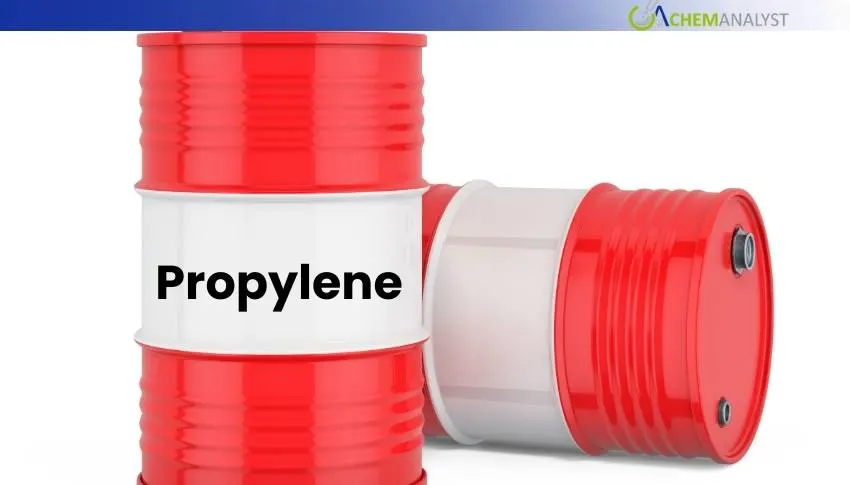Welcome To ChemAnalyst

Despite sluggish demand from key downstream industries like packaging and automotive, as well as a drop in the cost of crude oil feedstock, China's propylene prices surprisingly increased in August 2025. The main cause of the price increase was a sharp decline in local supplies. This resulted from the July 29, 2025, maintenance closure of the propane dehydrogenation (PDH) plant owned by Tianjin Bohai Chemical Group. New US tariffs, such as a 25% tax on South Korean and Japanese propylene exports, put pressure on the market and reduced demand for raw materials. Nevertheless, notwithstanding the poor market fundamentals, the supply disruption was the primary cause of the price increase.
The China propylene prices in August xxxx have started to increase despite a decline in the feedstock crude oil prices. A severe reduction in regional supply brought on by maintenance shutdowns at sizable propane dehydrogenation (PDH) facilities at Tianjin Bohai Chemical and Quanzhou Grand Pacific was the main cause of this price increase. However, on August x, xxxx, the US government slapped a xxx tariff on imports from Japan and South Korea. The market for propylene is being significantly impacted indirectly by these tariffs, which target finished commodities like polyethylene (PE) and polypropylene (PP).
Key Takeaways:
We use cookies to deliver the best possible experience on our website. To learn more, visit our Privacy Policy. By continuing to use this site or by closing this box, you consent to our use of cookies. More info.
